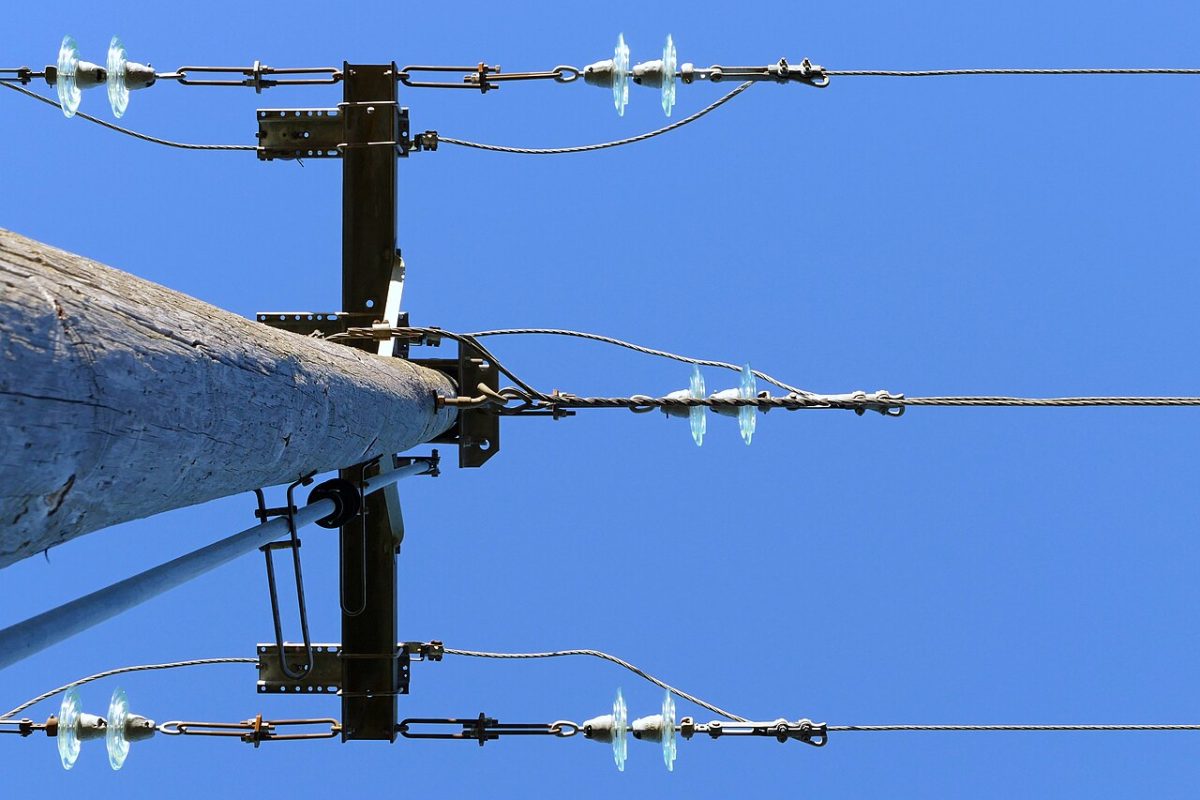NEWS FROM BERLIN
CDU-SPD coalition negotiations set to start, with 14 working groups
As of Thursday, the CDU and the SPD are planning to go into coalition negotiations. A total of 14 working groups are to be formed – an umbrella group and 13 subgroups. Their first meeting on the formation of a coalition is to take place next Thursday. Over the weekend, the CDU and SPD agreed on the coalition roadmap. Among the subgroups´ themes are climate protection, housing, internal security, mobility, education and administrative reform. Coalition negotiations are set to last until the end of March. After which a new senate could be formed by the end of April. Source: rbb
Shots at LGBTQ+ museum building in Berlin
Shots were fired at the “Schwules Museum” (Gay museum) building last month. The police are investigating the incident. Members of the museum administration noticed on February 24 the six bullet holes on the front of the building. Two windowpanes, the illuminated sign “Schwules Museum” and a work of art in front of the entrance door were damaged. It is not known exactly when the shots were fired. Although the museum receives various regular threats via phone calls or online comments, there were currently no specific threats. The Museum was founded in 1984 and it is one of the largest LGBTQ+ museums in the world. Source: rbb
Tempelhofer Feld development: a new vote is up for debate
In 2014, more than 60 per cent of voters voted against building on Tempelhofer Feld in Berlin. It did not take long, however, for the loosing side to think about a second attempt. The CDU – possibly soon to be the governing party – is now venturing a new advance. The idea of having the Berlin population vote a second time on the (peripheral) development of Tempelhofer Feld is almost as old as the successful first referendum in 2014. Currently, it would be necessary to amend the “Voting Act”, but the necessary two-thirds majority in parliament is unlikely to be achieved. Source: rbb
NEWS FROM GERMANY
Ver.di welcomes more than 45,000 new members
In the midst of ongoing collective bargaining disputes with numerous so-called “warning strikes”, the trade union ver.di is gaining many new members. “We have gained over 45,000 new members in the first two months of this year,” announced ver.di boss Frank Werneke. This is the largest increase in such a short period since the union was founded in 2001. According to Werneke, many new members work in the public sector or at the post office. In the past years, Verdi had lost members. According to the union, there were about 1.86 million members at the end of 2022, compared to in 2021, where there were 1.89 million members. Source: rbb
Activists of the “Last Generation” paint the Federal Ministry of Transport
The group “Last Generation” sprayed orange paint on the Federal Ministry of Transport this Tuesday, using a vehicle with fire-fighting equipment. So far it is unclear where the vehicle came from. “Last Generation” also said they wanted to give Transport Minister Volker Wissing (FDP) a “cold shower”. Wissing is blocking “climate protection for the whole of Europe” said Jakob Beyer, spokesperson for the group. An EU vote on the planned banning on new cars with internal combustion engines from 2035 had been postponed last Friday because of Germany’s demands. Wissing said the country could not agree to such a proposal. Source: rbb
Equal pay for equal work – still far away
The euphoria was huge when the Federal Labour Court handed down its landmark ruling for more equal pay for Susanne Dumas, who found out by chance she earned less than a male colleague with a similar profile. That plaintiff dedicated her success to “my two daughters and on behalf of all women in Germany”. Dumas is not the first woman to sue for “equal pay”, but is the first plaintiff to be awarded the full wage, unjustifiably withheld from her. Alexa Wolfstädter (ver.di), considers, though, “Transparency is not enough, we need a real equal pay law.” Women in Germany earn on average 18 per cent less than men. Source: nd-aktuell
Separation in installments
That Sahra Wagenknecht does not want to run again for Die Linke in the next federal election is no surprise. For years, Wagenknecht has been at odds with her party on crucial issues. This was the case in the refugee debate from 2015, in the Corona crisis, and now in the face of the Ukraine war. The other day she referred to her party as “the party I still belong to”. Such statements fuel speculation about her leaving Die Linke and founding a new party. Next year will be European elections, with a lower requirement of 3.5% to enter the EU parliament. Source: nd-aktuell



